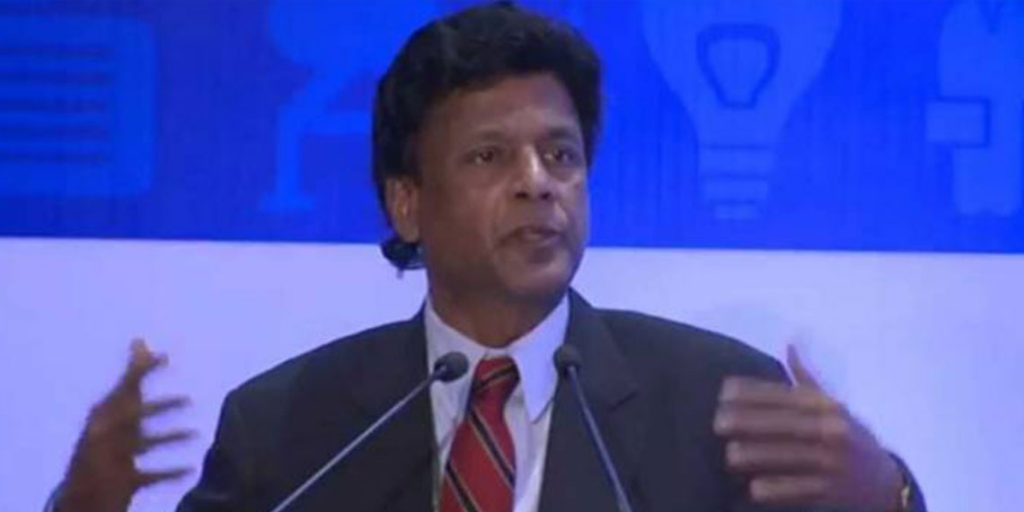ROAR of Ravi Dev
We hope with the official launch of the campaigns the major parties will make their position clear on the role of government in the development of the economy. Do we continue with the neo-liberal “night-watchman” state we accepted with the IMF’s Washington Consensus in 1989? Or do we accept the latter’s changed position of the present, where they took heed of the collapse of the model in 2008, and proposed the more interventionist state model from the Far Eastern example of Japan, S. Korea et al?
With the imminent coming of oil revenues this is a key question that must be answered so we do not keep on confusing Adam Smith’s “invisible hand” that would guide the market to deliver the “goods” that society needs, with “no hands”. With self-interest, if not greed as a human constant, this has contributed greatly to the debilitations that some, unfortunately, see as inevitable by-products of “capitalism”.
But we cannot ignore the reality that somehow our methods of socialization keep on throwing up individuals who are only driven by their id and greed. As one early US commentator Madison noted, not long after Smith, in an analogous context (politics): “If men were angels, we would not need governments.” In addition to the demons of the id, we recognize also that none of the institutions that we design around our values will ever work perfectly (hence imperfect socialisations to begin with) so we create macro-institutions to deal with these exigencies. And so in matters economic, from early in the day markets have been regulated so as to mitigate the inevitable excesses precipitated by greed, “imperfect markets” or for “infant industry” protection etc,.
As mentioned above, there has been a stubborn insistence in some quarters that Adam Smith’s “invisible hand” meant “no hand” in the workings of the much-abused term, “free markets”. But they speak from both sides of their mouths. Take, for instance, the creation and issuance of money which is regarded as the sine qua non for the creation of markets in the modern sense of the term. These have been regulated, by definition, from the earliest days either by the institutions that issued them in the first place – and later by governments. One can’t very well have everyone creating money and expect markets to function. The problem is that those who ritually invoke the ethereal “free market” do so only when the regulation in question hinders their efforts to make excess profits over what other regulations allow them to make in the first place.
Take banking, for instance. Government regulations the world over allow banks to create money out of thin air by a multiple over and above the amount that is deposited. Thus, they make money coming and going – once by paying lower interests to depositors than borrowers (double-digit figures in Guyana!) and then by lending the excess money created through the magic of regulation. Yet these bankers in the developed economies complained when they were prohibited from investing depositors’ money in speculative vehicles and then had the regulations repealed. After making trillions of dollars of profits – which the bank operators pocketed – when their greed-fueled speculative bubbles inevitably collapsed, they were defined as “too big to fail” and bailed out at the tax-payers’ expense. In a perfect demonstration of the workings of the id-greed imperative, bankers expect profits to be privatized but losses socialized.
Karl Marx’s early critique of Capitalism was remarkable for its prescience in highlighting several of its inherent contradictions but the attempts to institutionalize his insights failed miserably in our own lifetime. Marx ironically confused epistemology (the theory of knowledge) with ontology (what actually is) and was too idealistic about a man and his greed. To paraphrase Churchill’s aphorism about democracy, capitalism is evidently the worst type of economic system – excepting for all others that have been tried and failed.
We cannot give up on socializing ourselves into becoming more sensitive and responsive to the overall societal good – if for nothing else that society is simply a collection of us, the individuals. But in the meantime, our governments have to get back to regulating and making appropriate market interventions to deliver the good life for all. What say the political parties?
